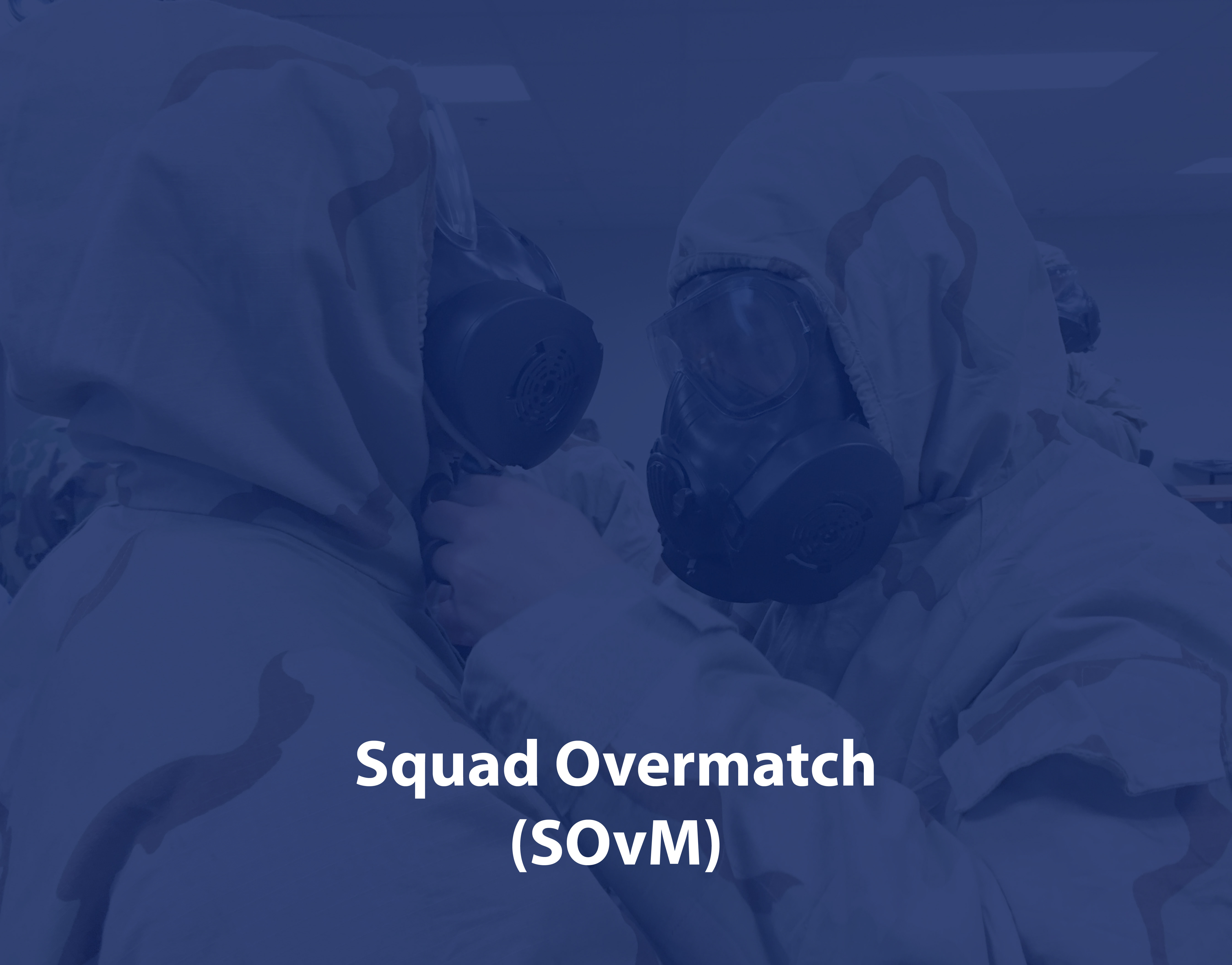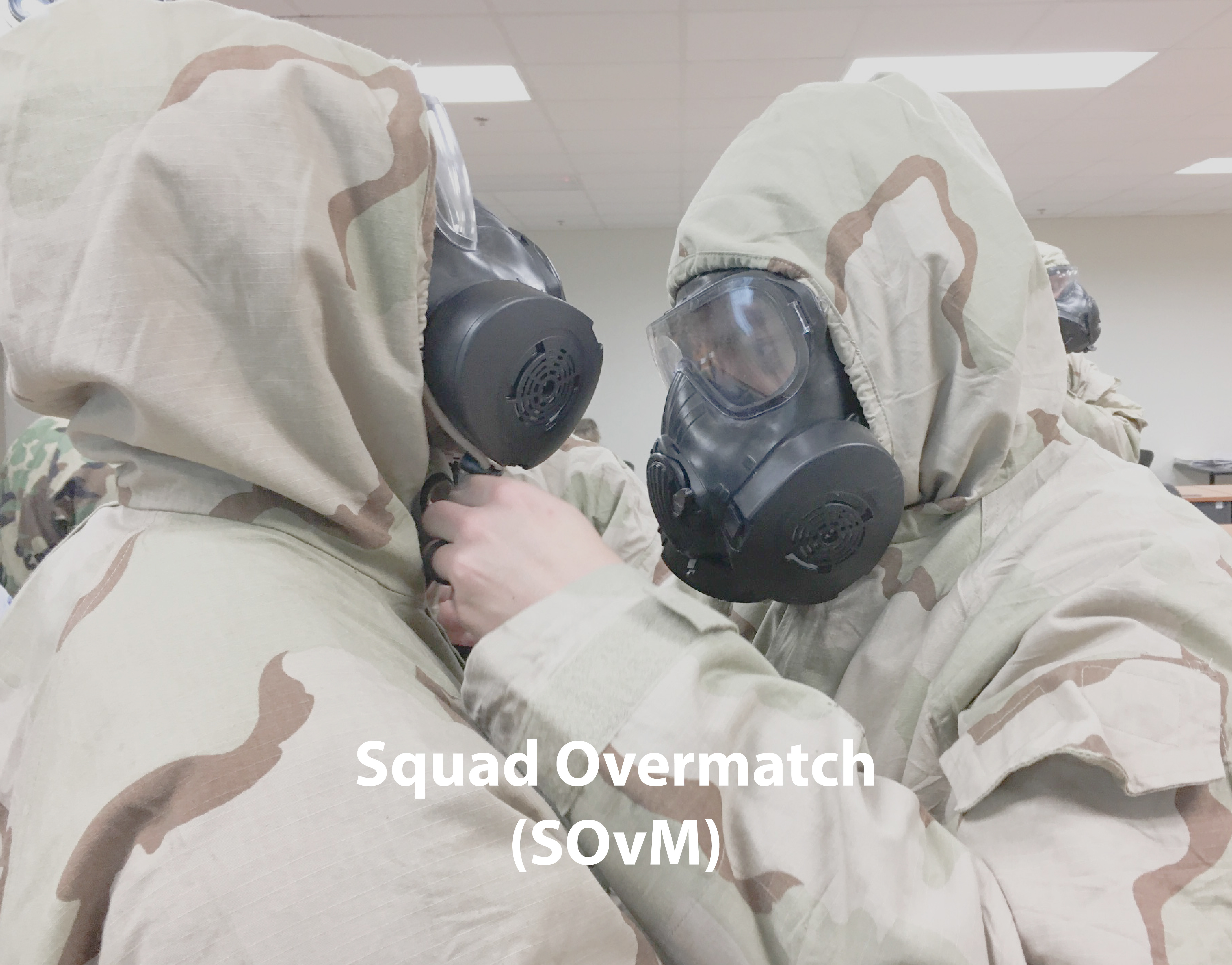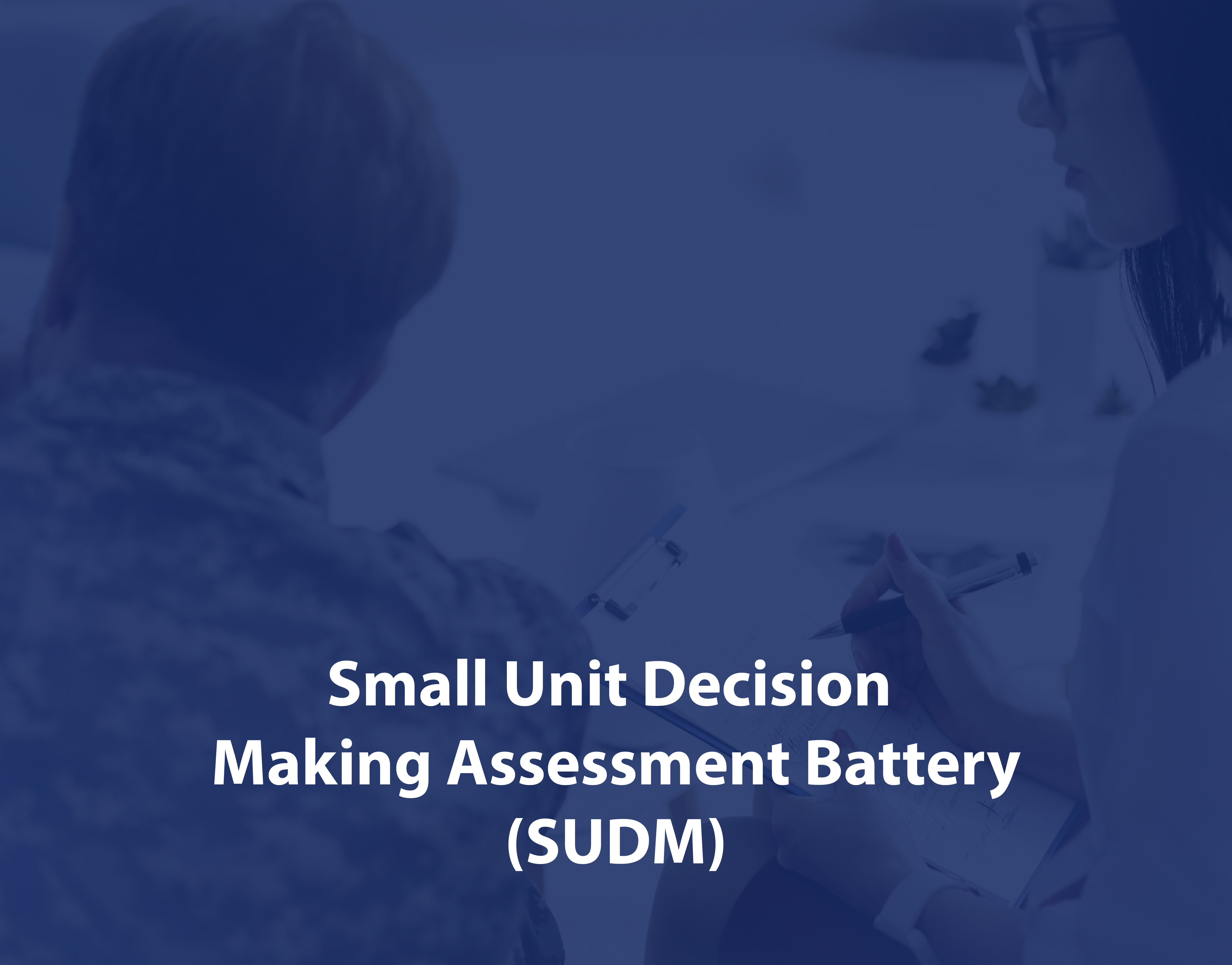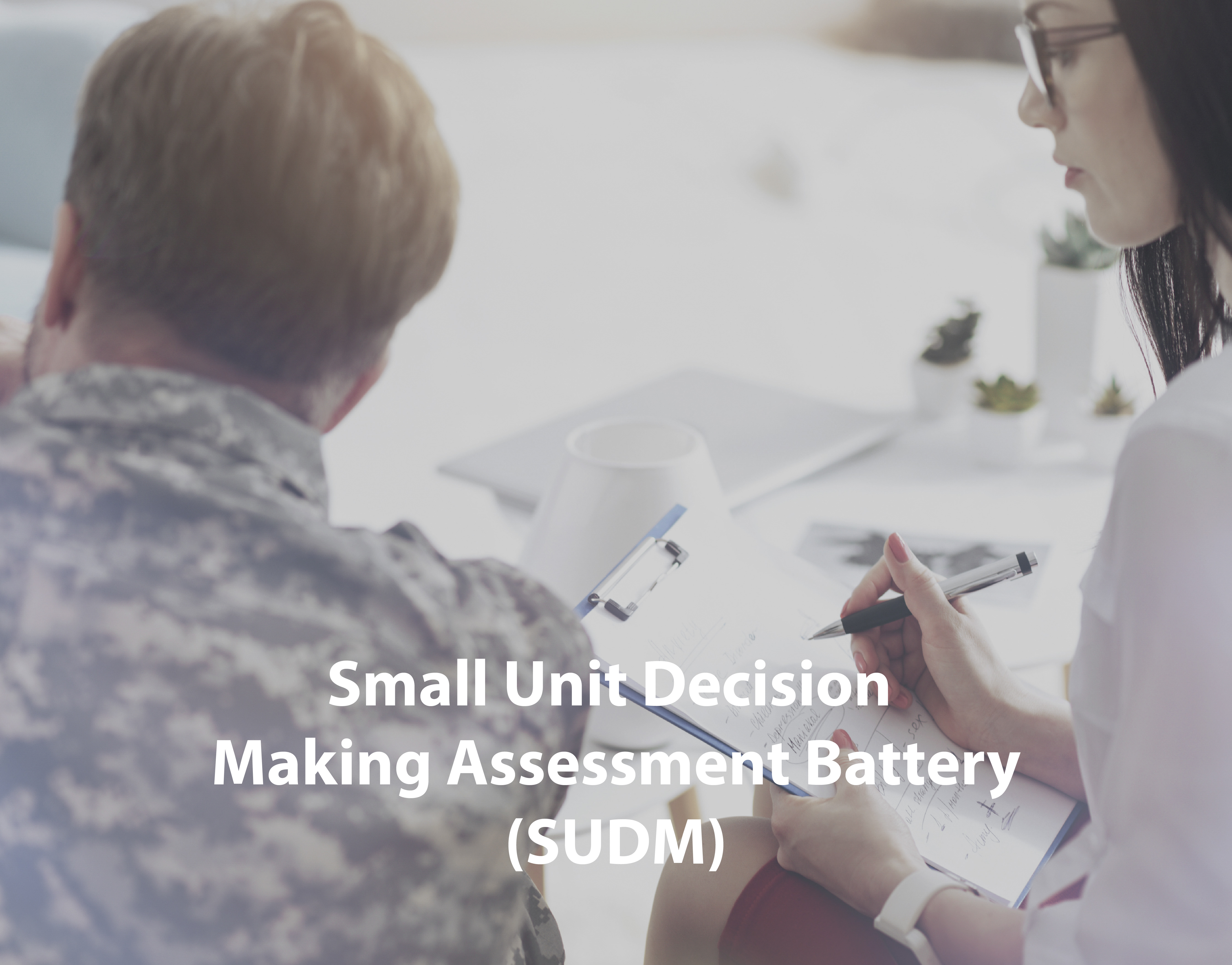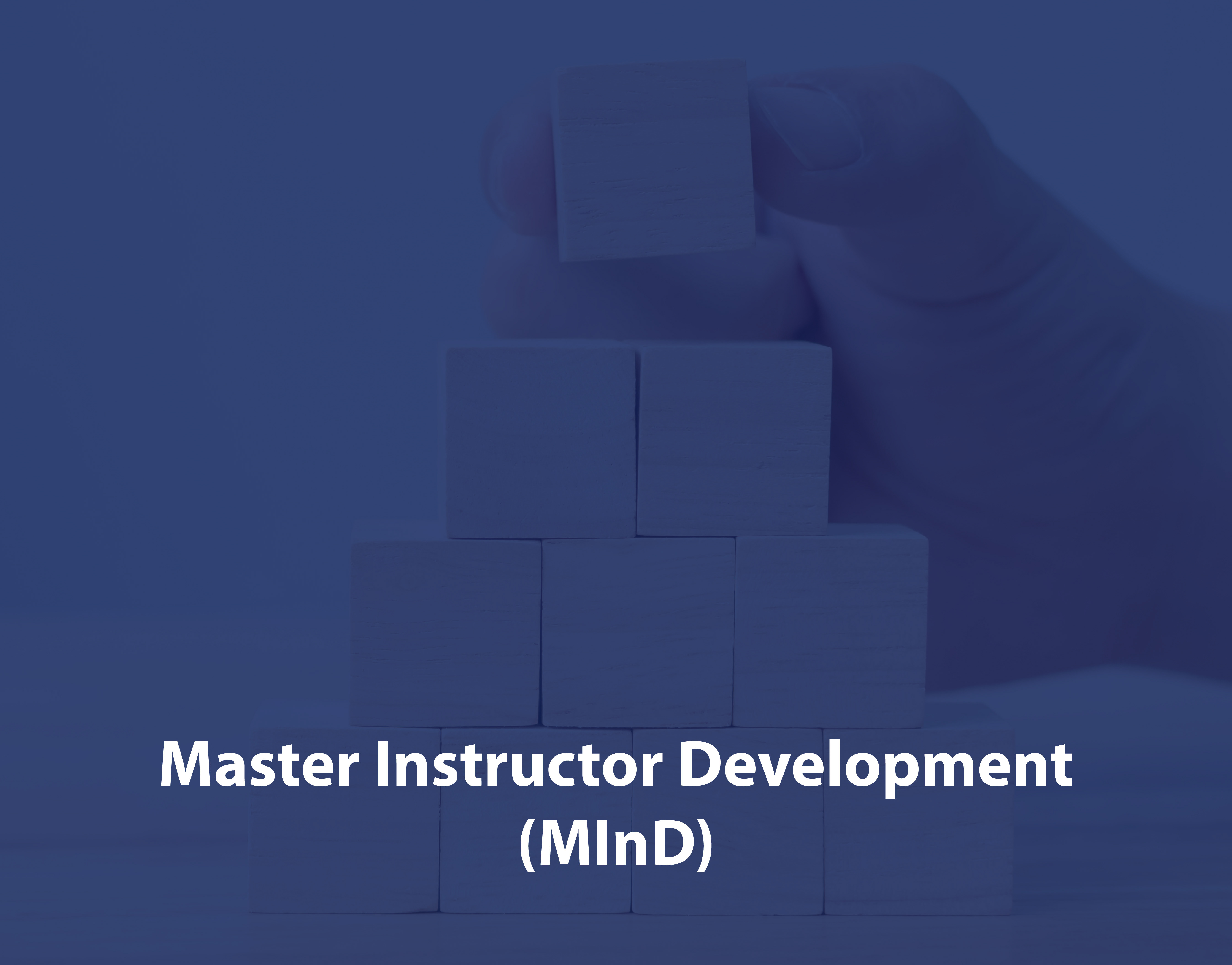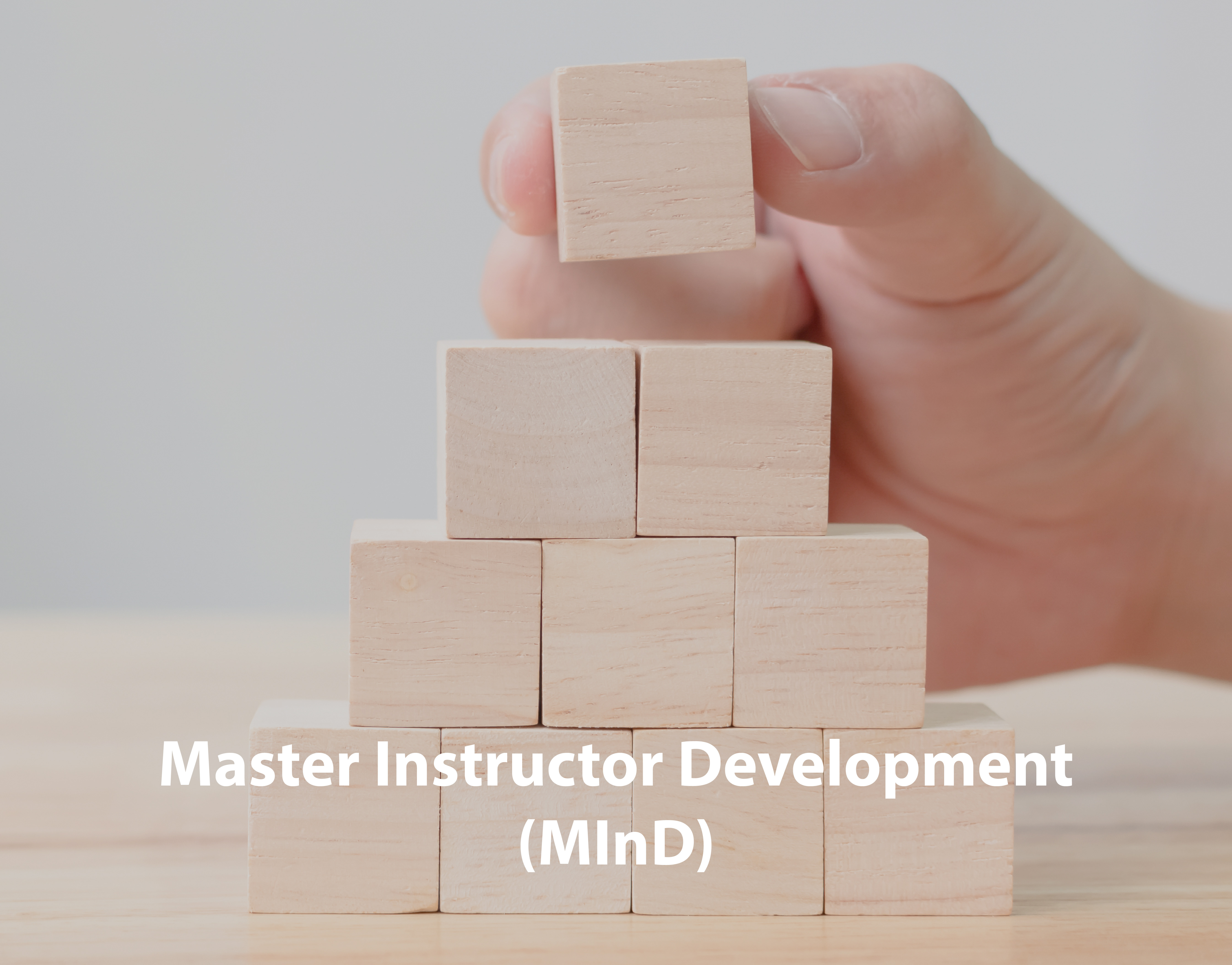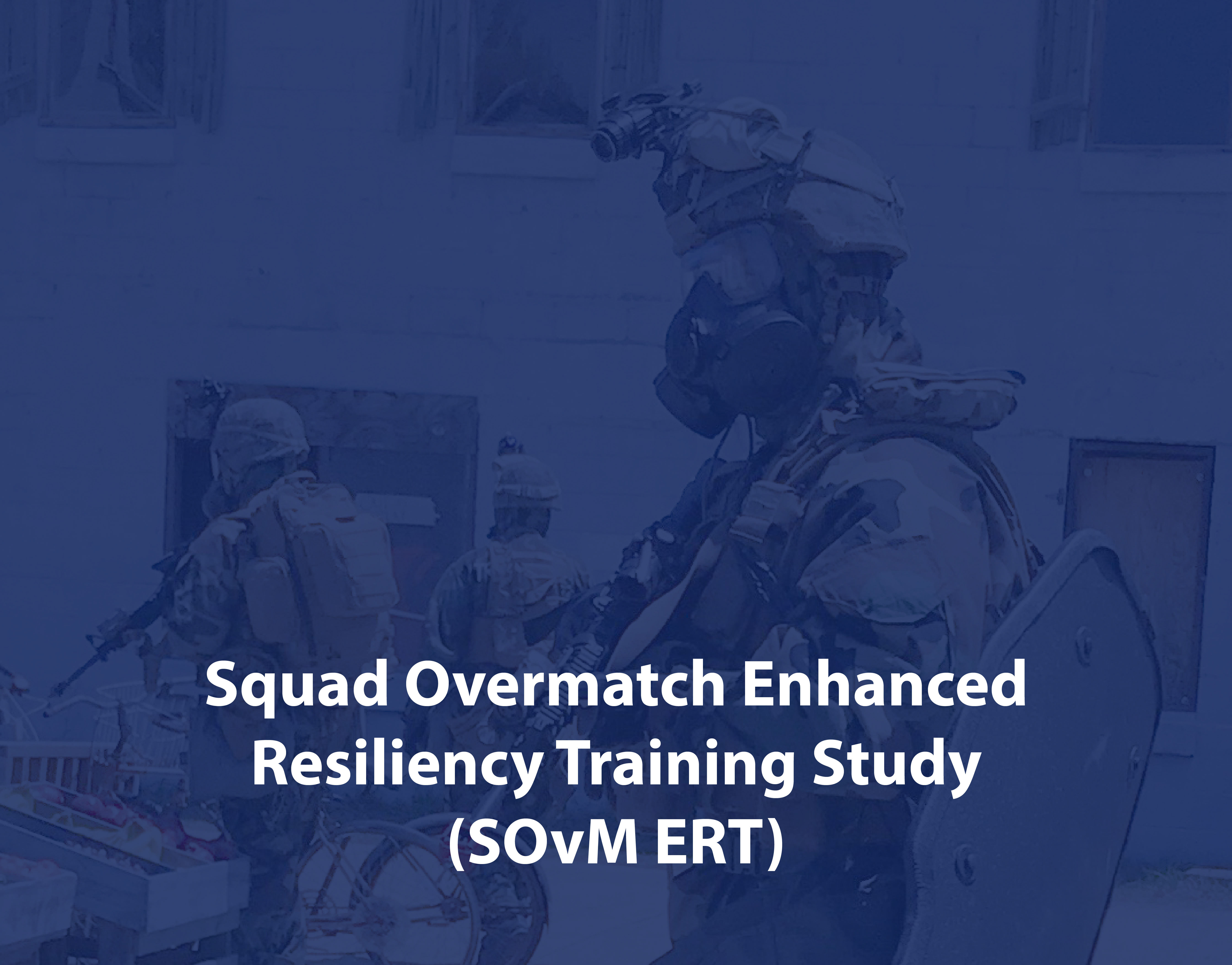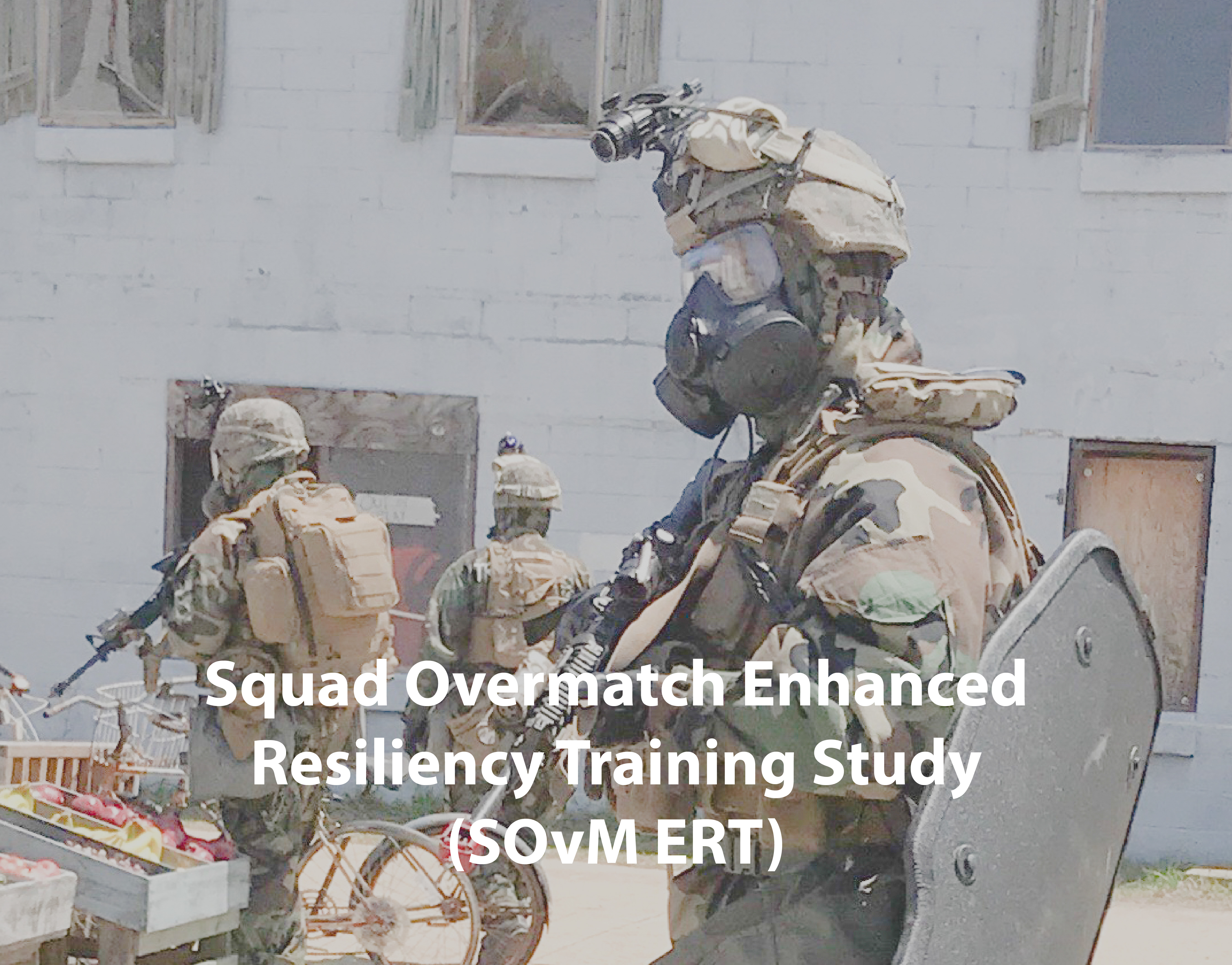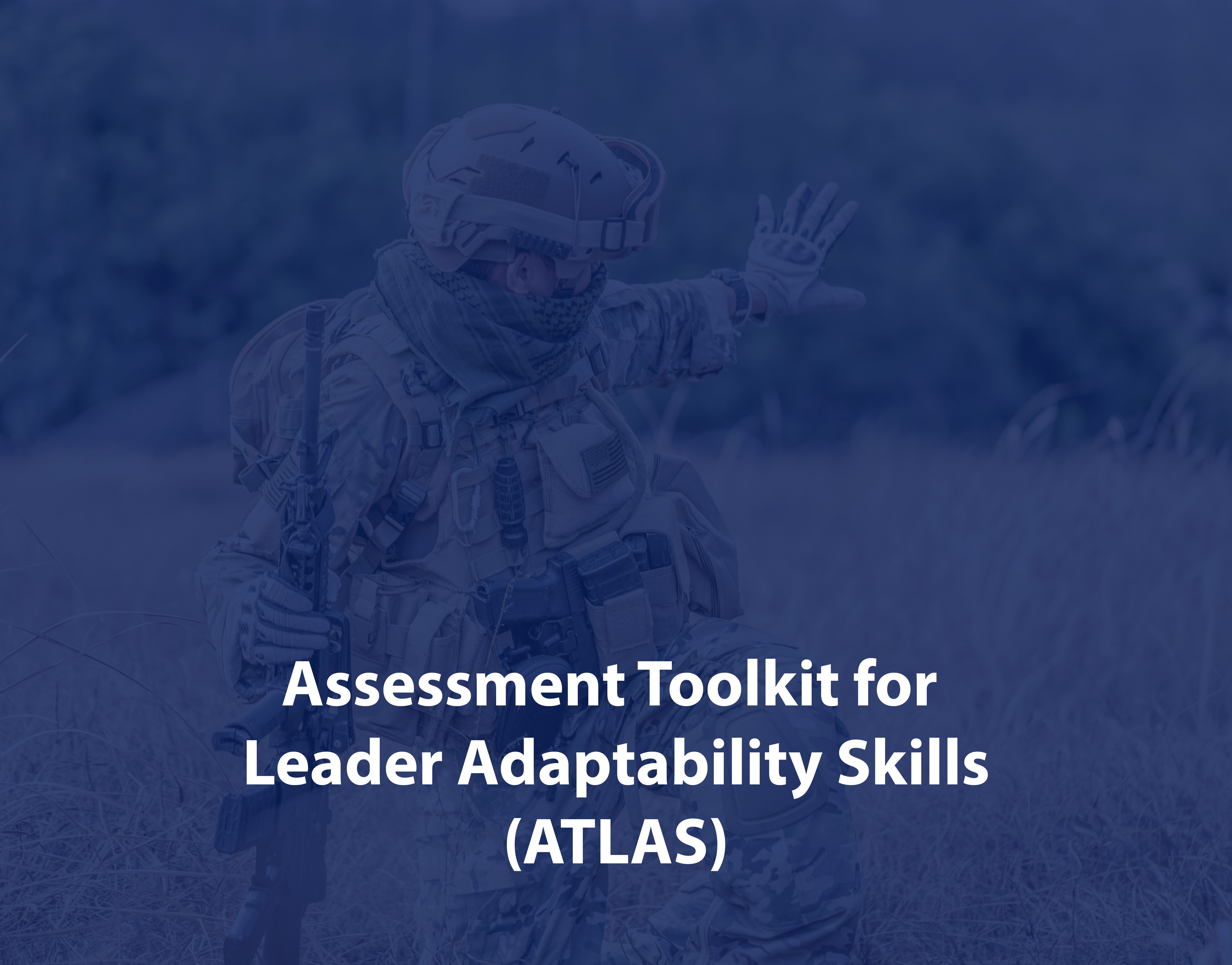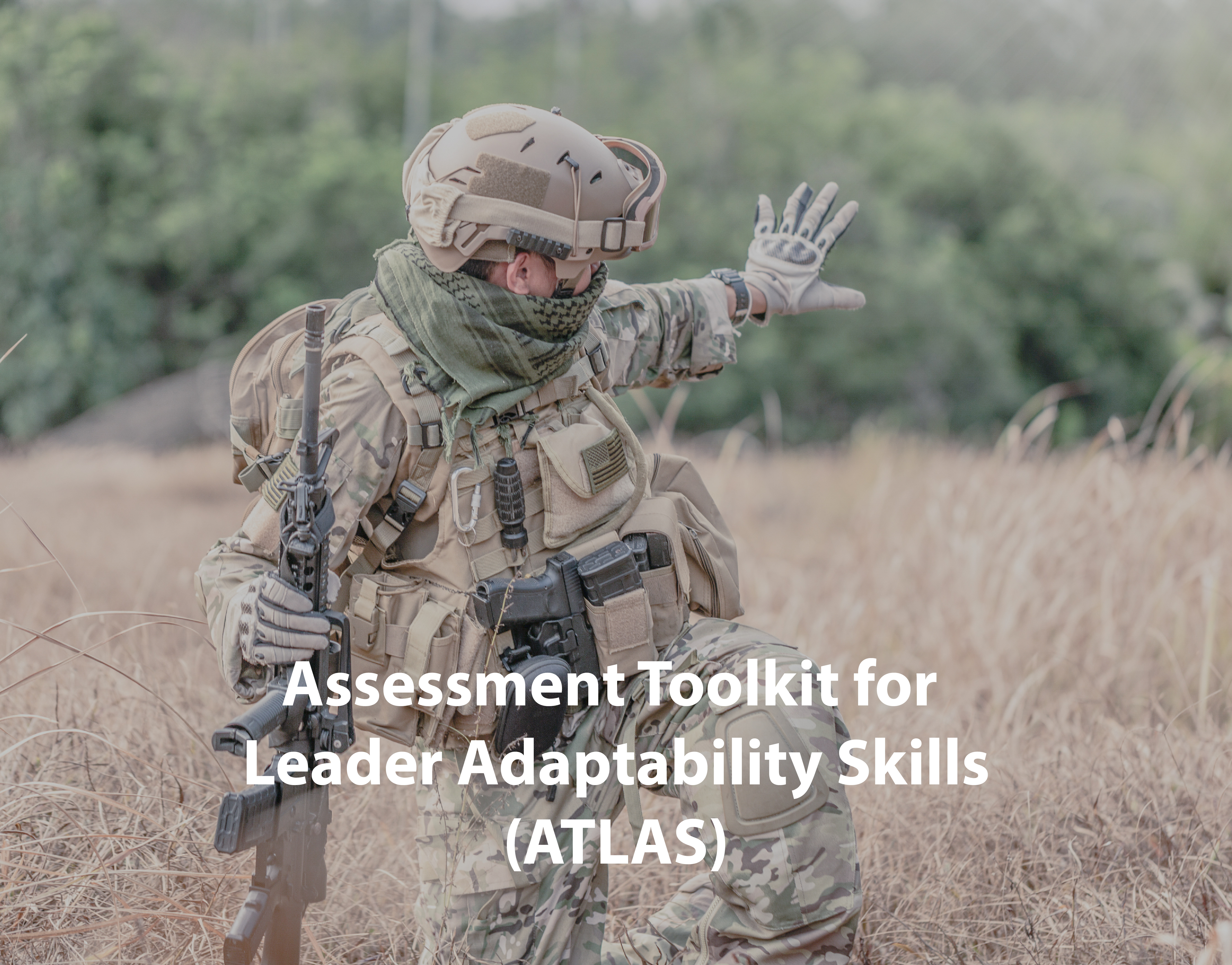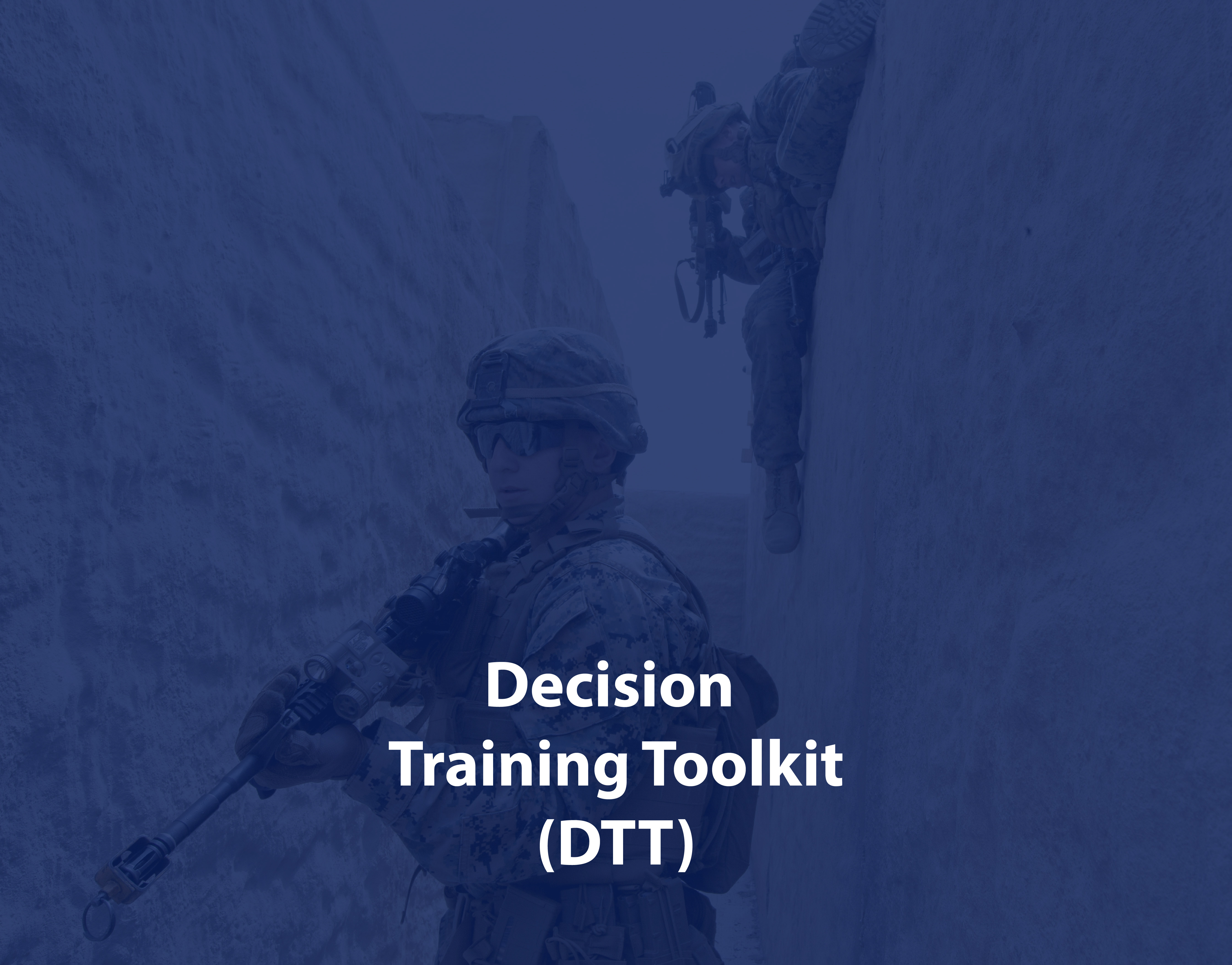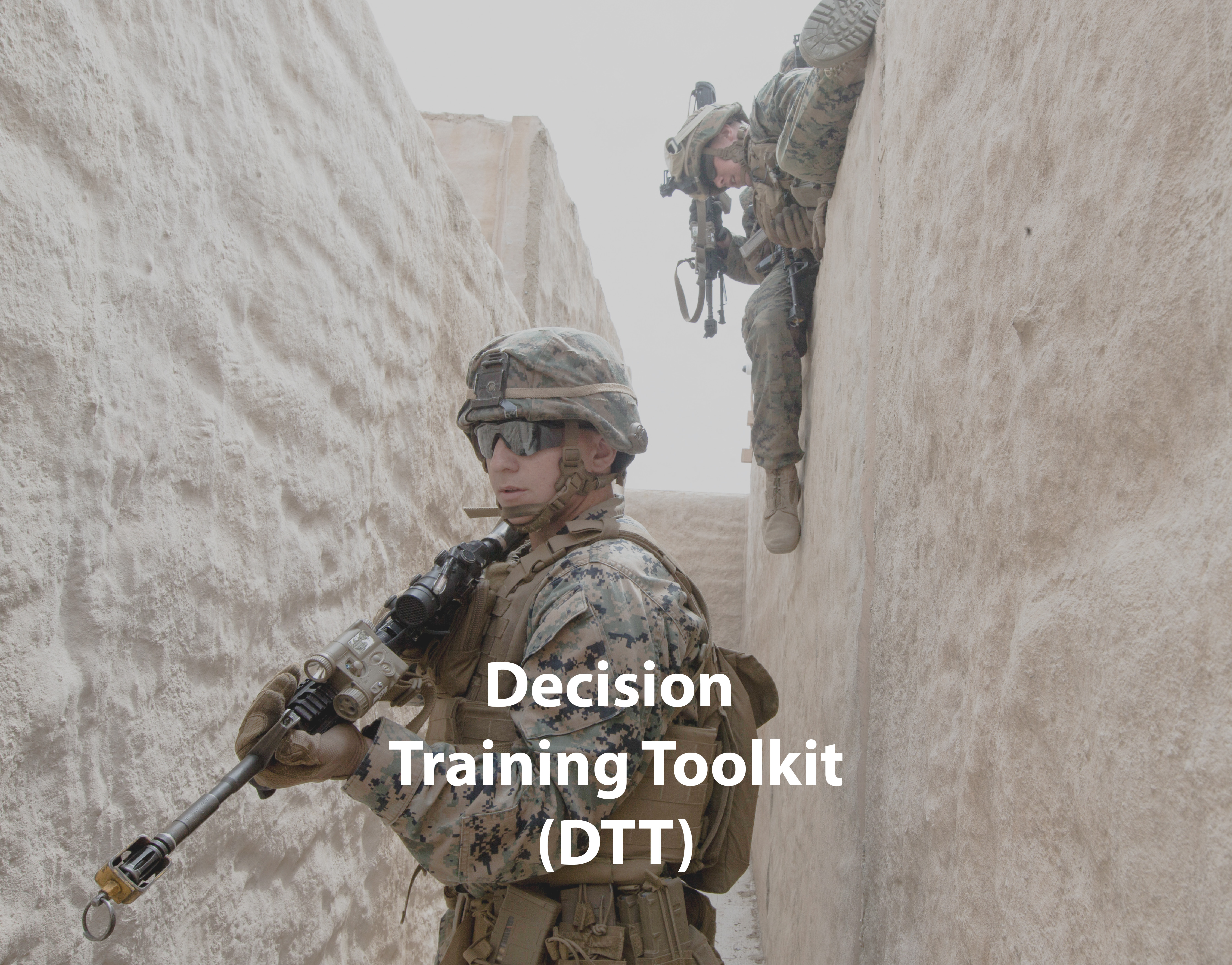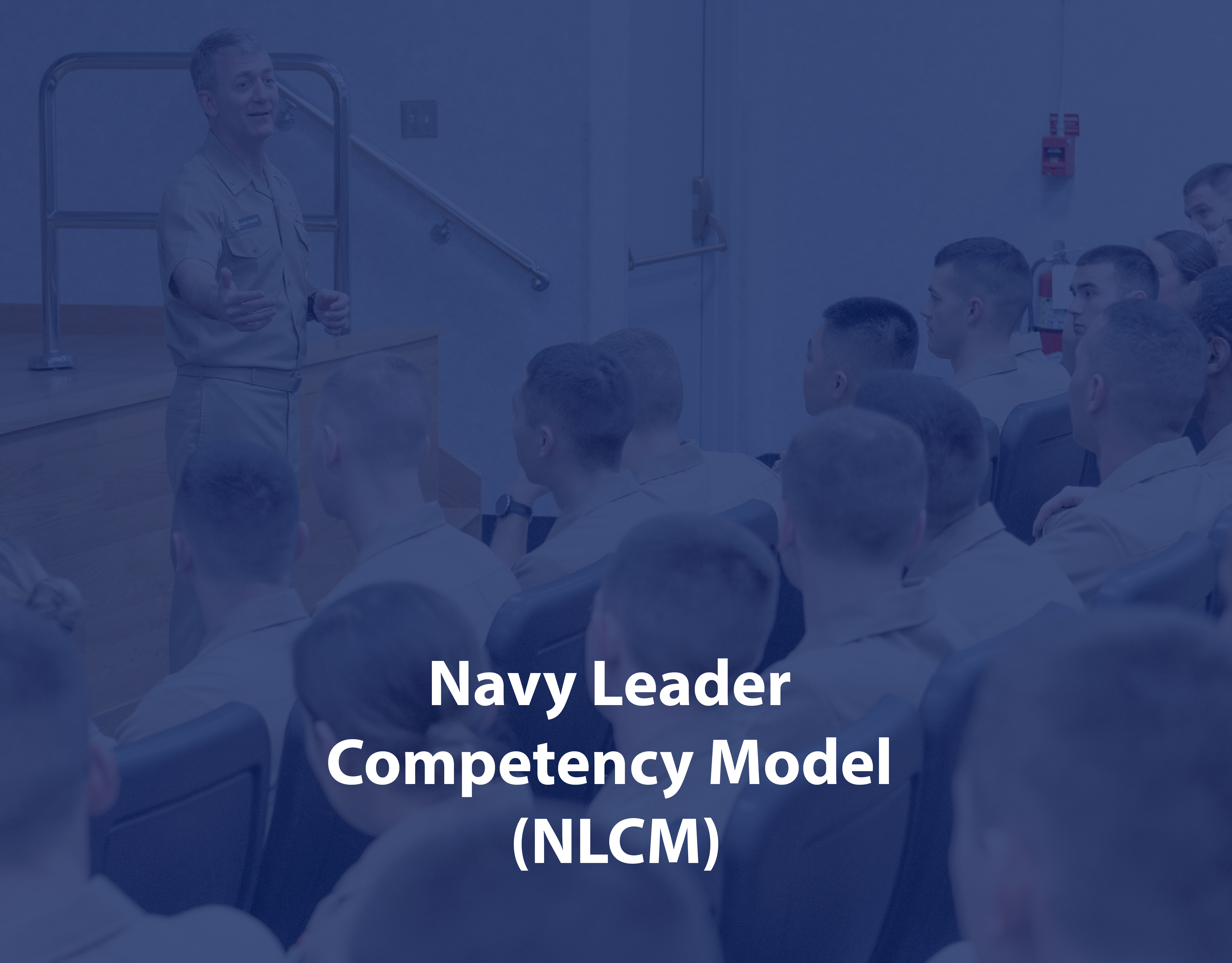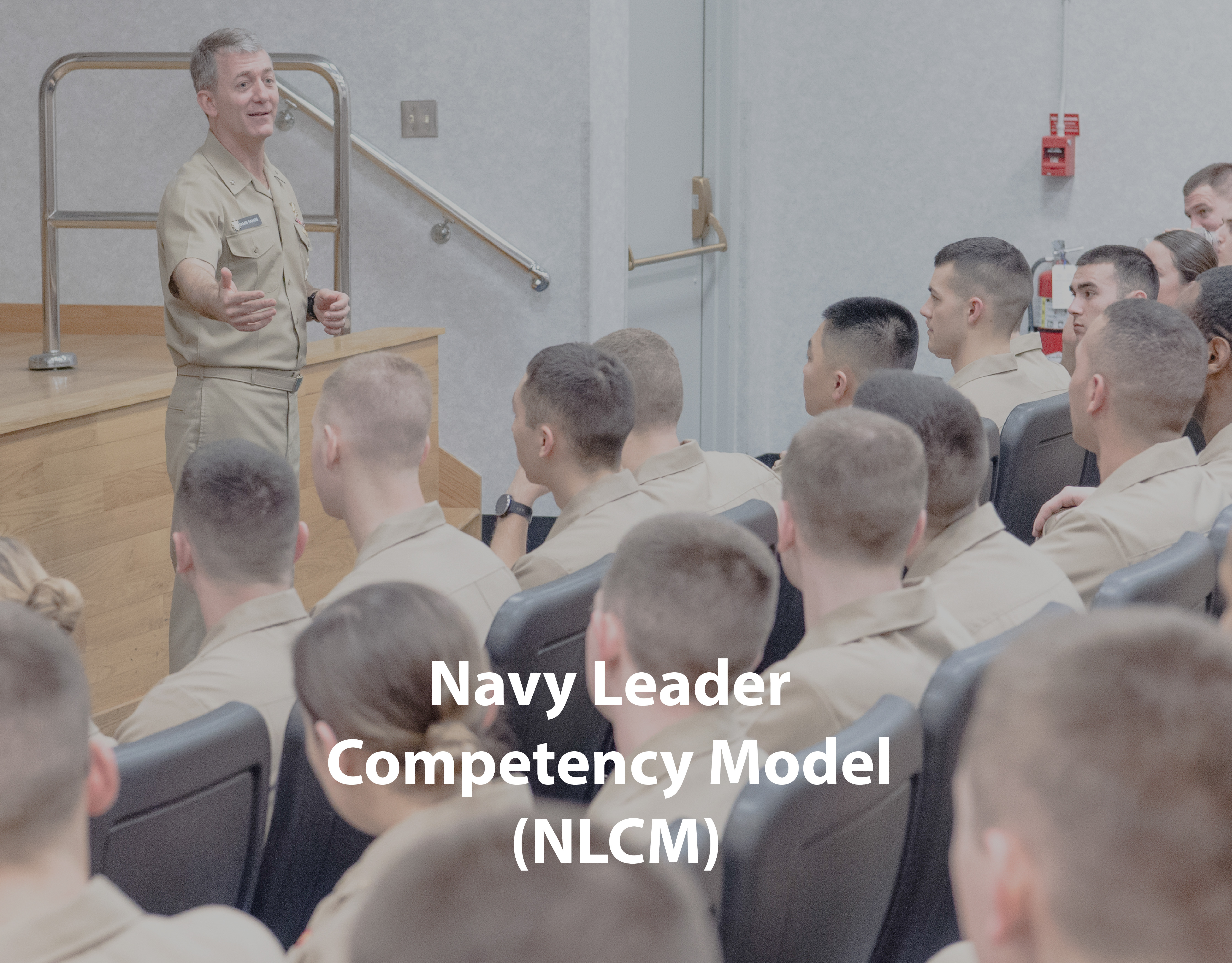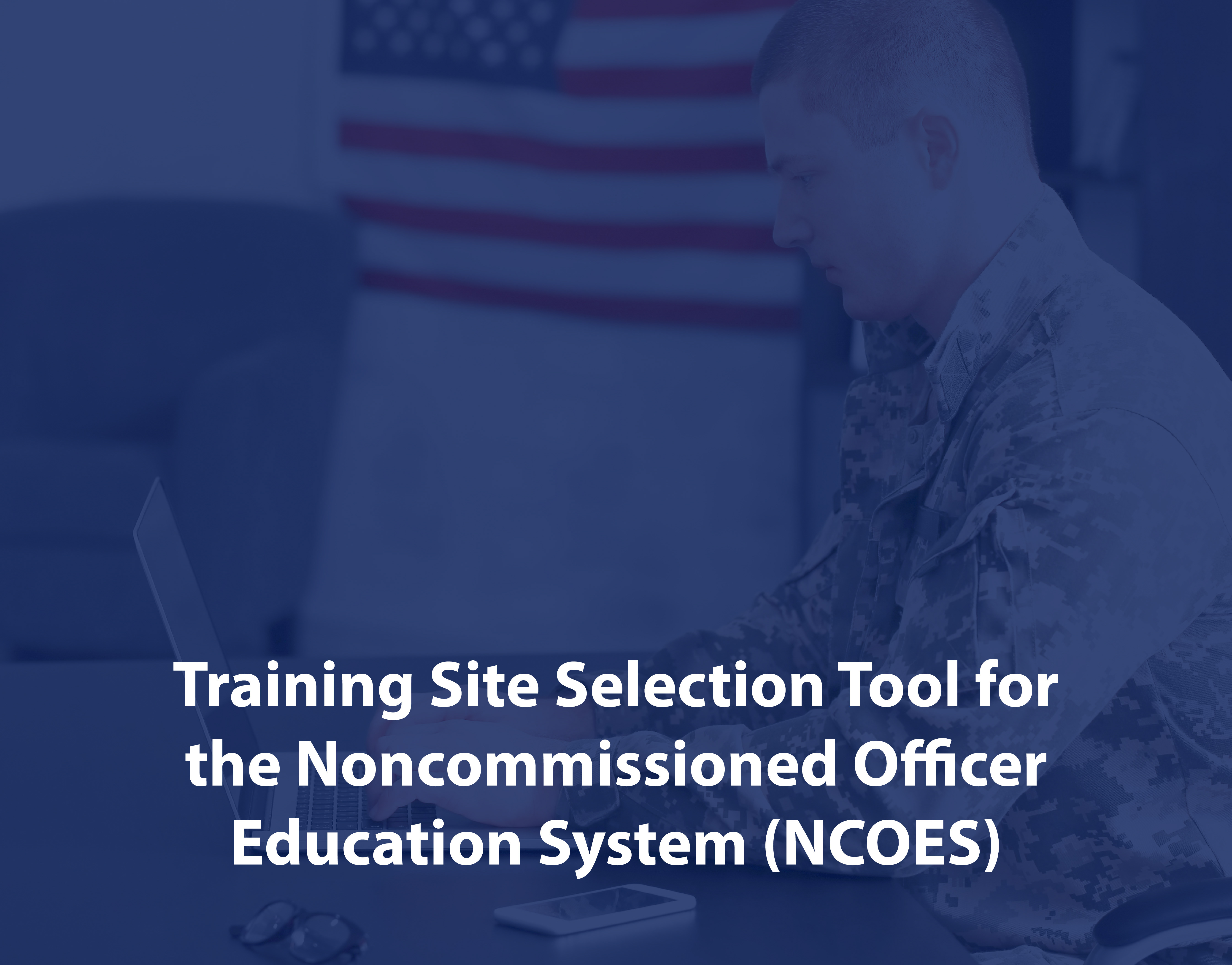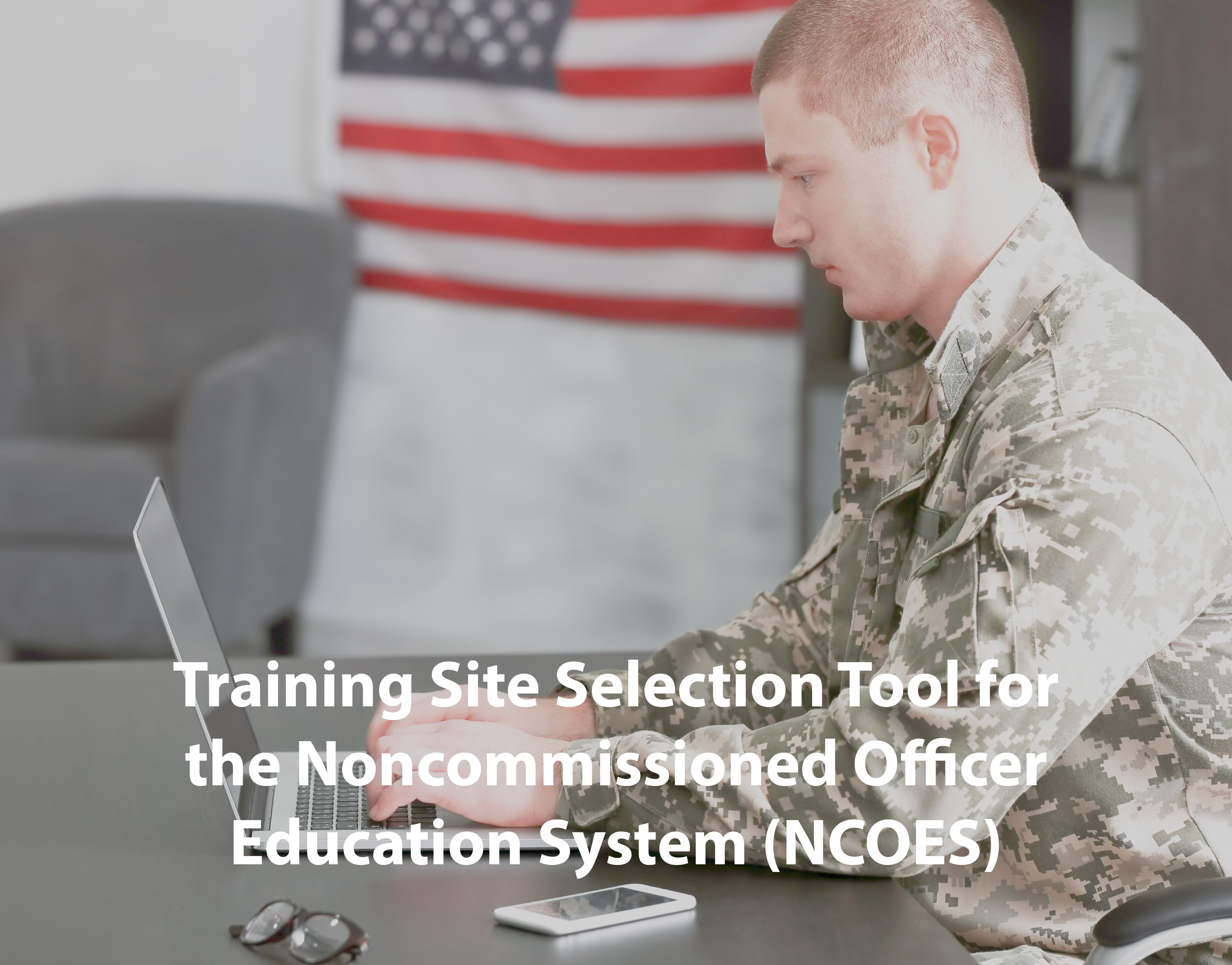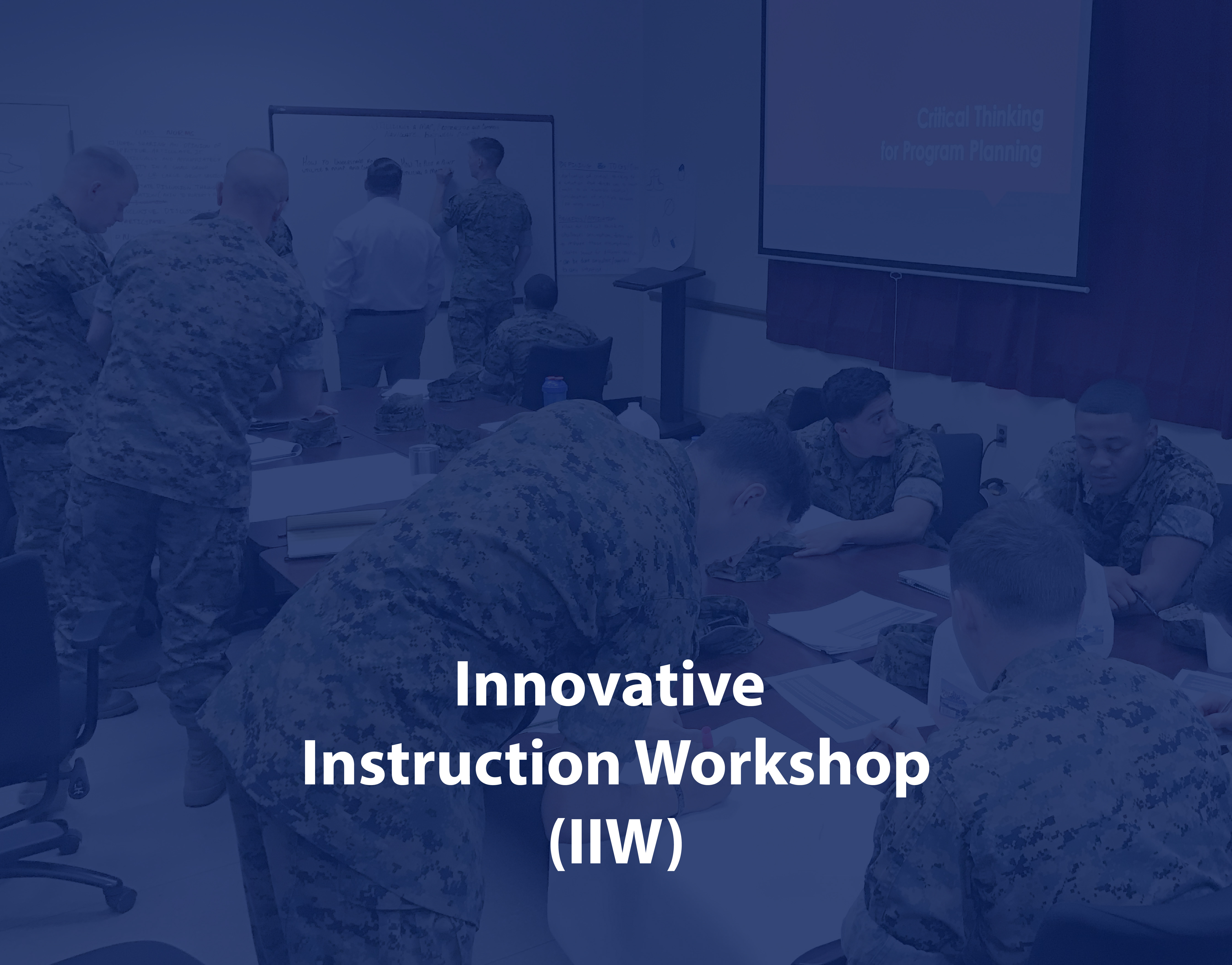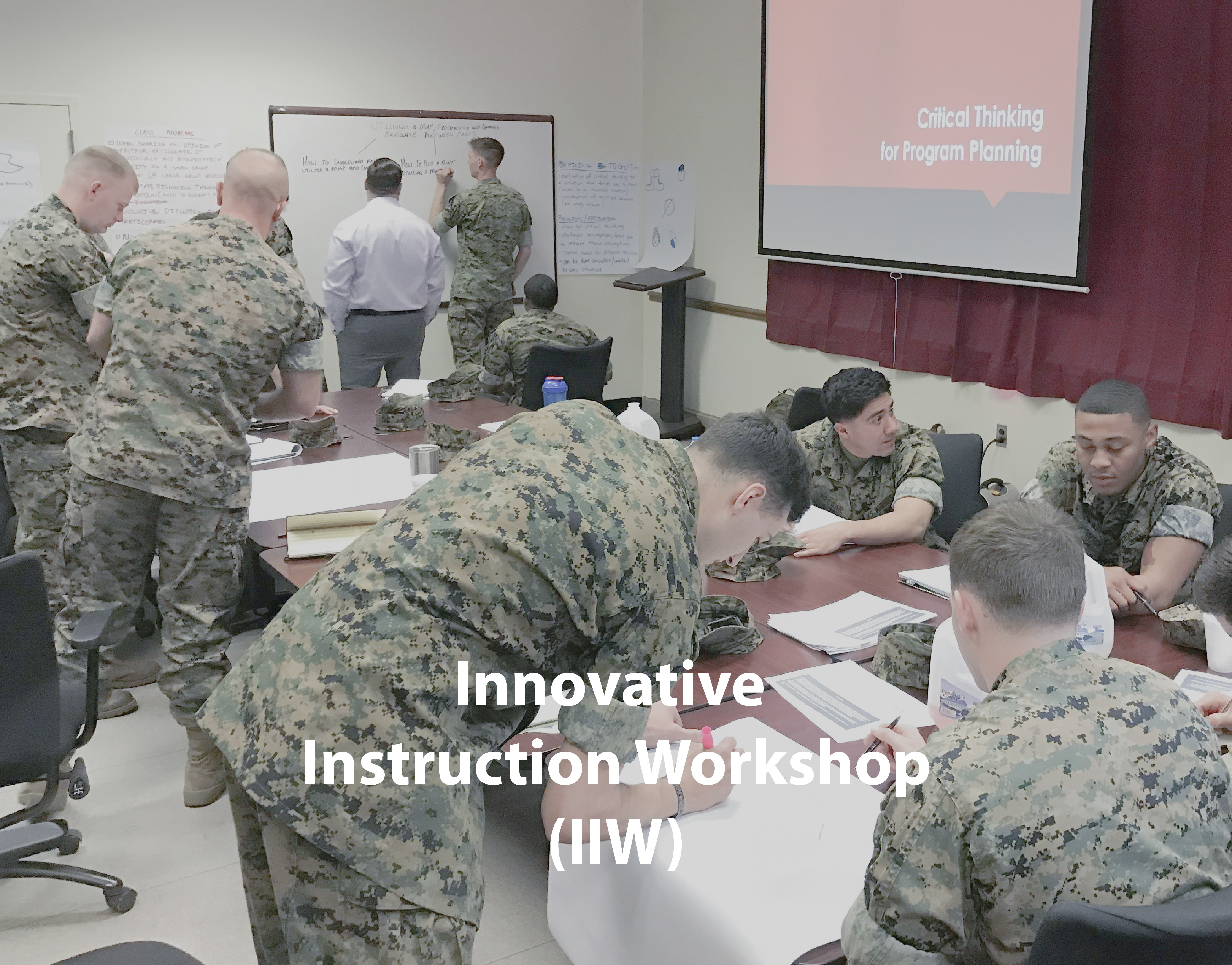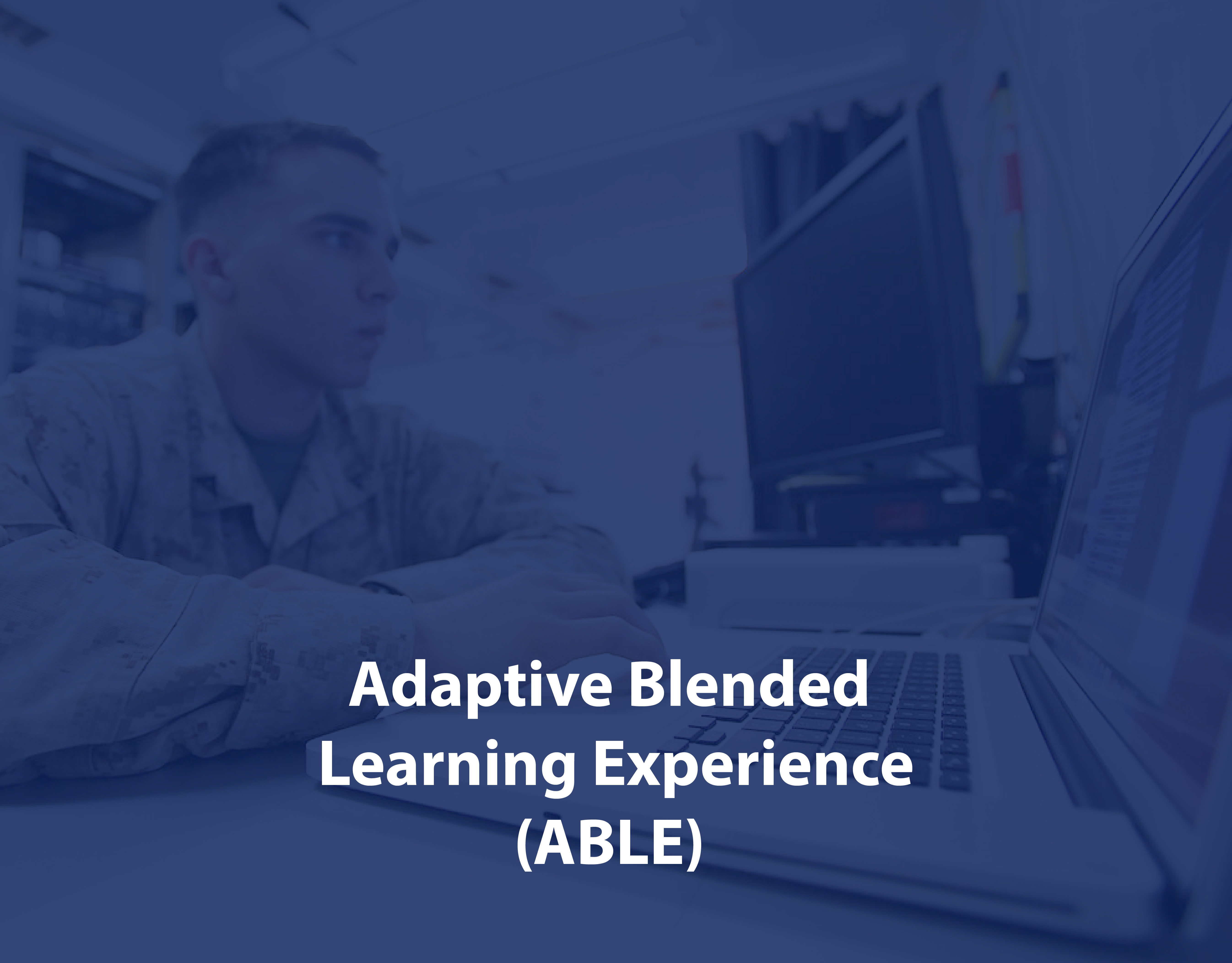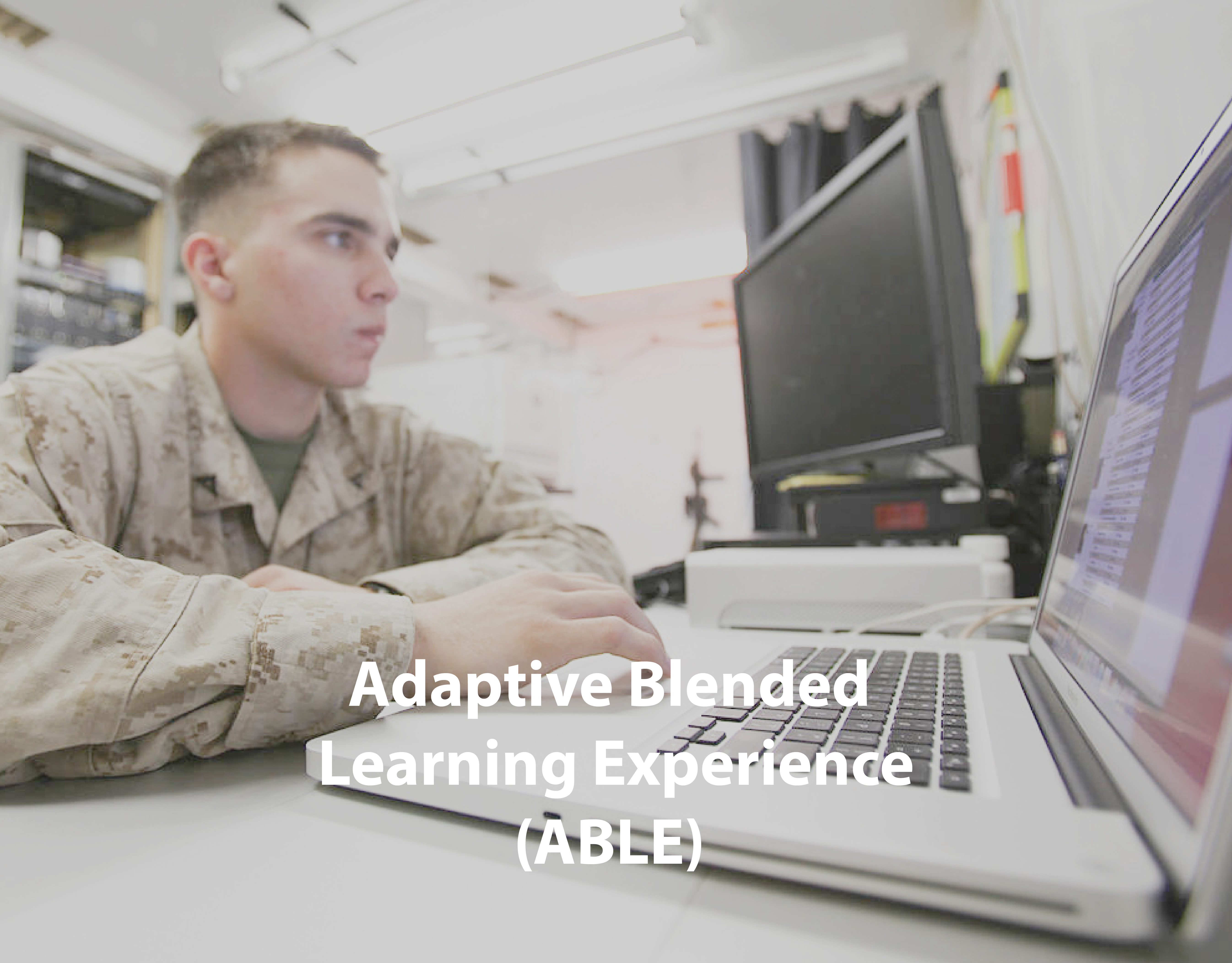Main Project Capabilities & Focus Areas
Challenge
CPG contributed to an integrated team of research scientists who assessed the skills required by infantrymen, law enforcement and other agents to perform combat profiling and human tracking as they participated in classroom and field training in these areas. CPG’s role was to uncover the underlying cognitive abilities, job skills, and job knowledge to perform combat profiling and human tracking.
_________
Solution
CPG field researchers observed training and participated in the course of instruction. This “Attack the Network” activity involved sensemaking in complex, adaptive settings that were characterized by a highly adaptive adversary, a rapidly evolving knowledge base, and asymmetric behaviors that make up cultural networks. Since most of the performance employed by highly skilled combat profilers involved the use of intuition, tacit knowledge, and lived experiences, CPG researchers used qualitative methods to capture the expertise and quantitative analysis to assess specific aptitudes. Cognitive Task Analysis methods revealed how experts recognize complex inter-dependencies in situations and act more decisively than less skilled individuals. We also administered a cognitive battery for assessing critical thinking, creativity, and attention to detail—three aptitudes that the literature suggested would provide a way of characterizing experts in these performance areas. Using statistical analyses of the data, we found significant differences between students in the course, versus the expert instructors.
_________
Result
The findings were independently verified through the qualitative narrative data which were collected from each expert combat profiler in a series of interviews. More importantly, the qualitative research pointed out the underlying pattern recognition and problem solving strategies of this group in a range of settings. We used these findings to develop an expert model in support of our preparing a framework for a training and development strategy for the required skill sets. The Border Hunter Research Team was chosen as one of six winners of the 2010 National Training and Simulation Association (NTSA) Modeling & Simulation Awards, and a finalist for the 2010 Governor’s Award for Outstanding Achievement in Modeling & Simulation.
_________
This effort was sponsored by the Joint Forces Command and JTF North.

